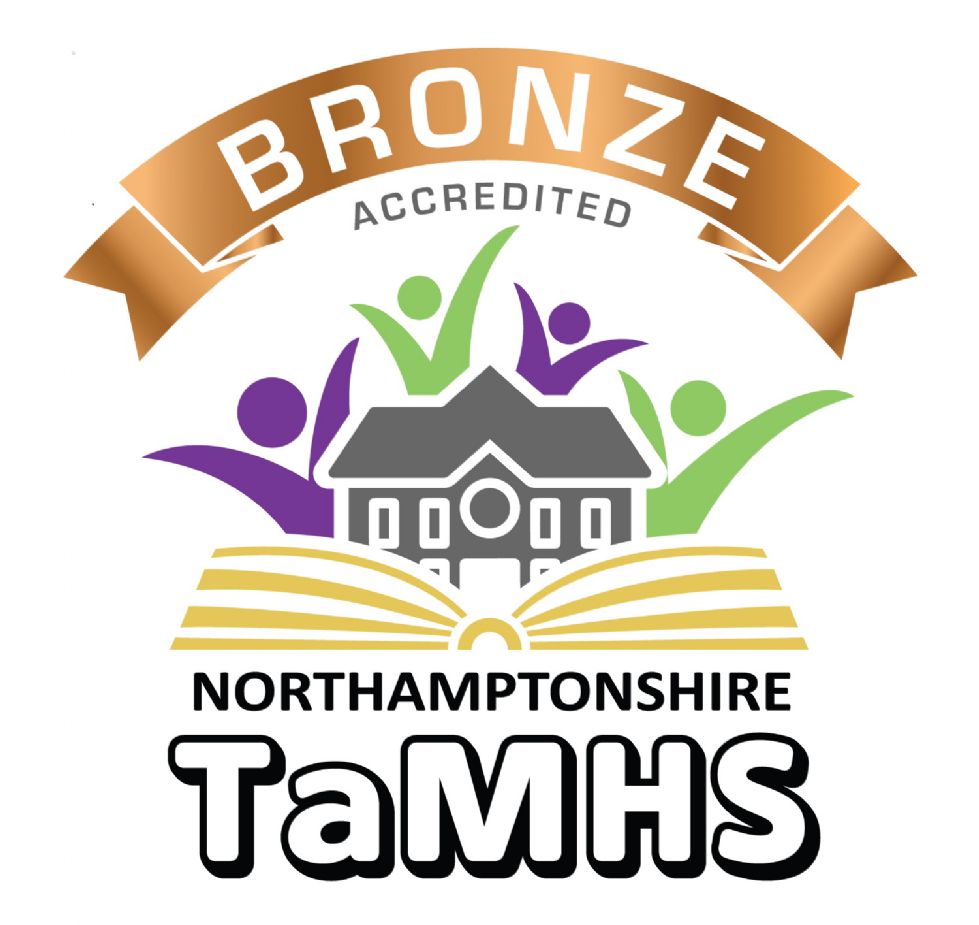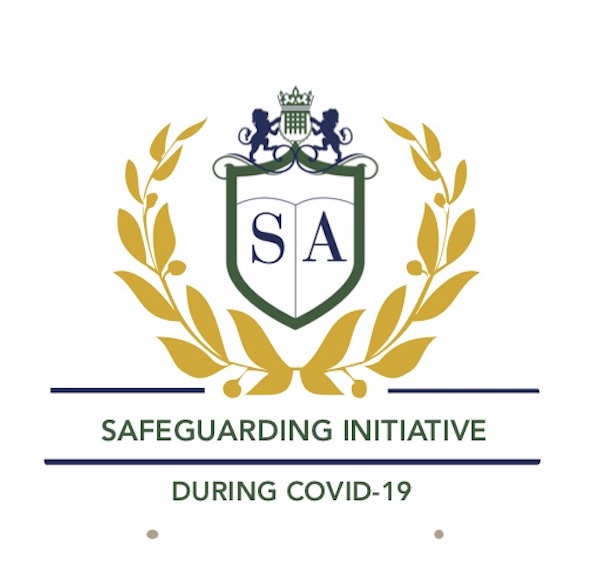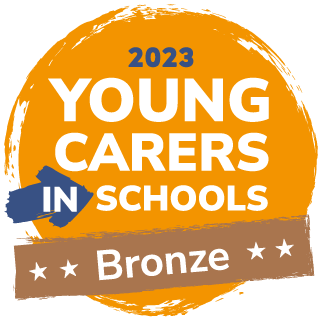Languages - Latin
Latin Intent
Learning a language provides an opening to other cultures and through our Latin curriculum we aim to encourage every child to develop a love of both modern and classical languages. The development of language, vocabulary and communication plays an important part in the Beanfield curriculum and Latin allows children to make links between words with the same classical root and use the etymology of a word deepen their understanding of the word itself. This encourages them to be more thoughtful in the composition of sentences in other curriculum areas. It is our aim to give our pupils the best possible life chances and developing confidence and enthusiasm for languages provides children with wider opportunities later in life. In addition to this, our Latin curriculum will allow for children to develop an appreciation for classical culture through the exploration of art, sculpture and music inspired by the past. Children will leave Beanfield equipped with the skills to read and understand simple Latin sentences linked to the stories shared in the lessons. They will also have been taught a range of vocabulary and the grammatical skills needed to construct simple sentences as a solid foundation for learning modern foreign languages later in their school career which follow a similar structure.
Latin Implementation
Latin lessons start for children in year 3 and are taught weekly. The curriculum is focussed around the Minimus scheme of work with additional classical lessons linked to different curriculum areas woven in to allow children to also receive a rich exposure to classical culture. Throughout each year children will be introduced to a range of new vocabulary as well as additional grammatical structures which will allow them to read and write increasingly more complex sentences. Children’s languages workbooks allow access to previous learning, so that they can build upon and consolidate their understanding in every lesson.
Additional languages
The language of the term programme in school gives a whole school focus to different languages each term looking at both a European and non-European language as well as a non-verbal language. All children in the school are encouraged to engage with the language through stories and songs and will learn a selection of basic conversational phrases.










